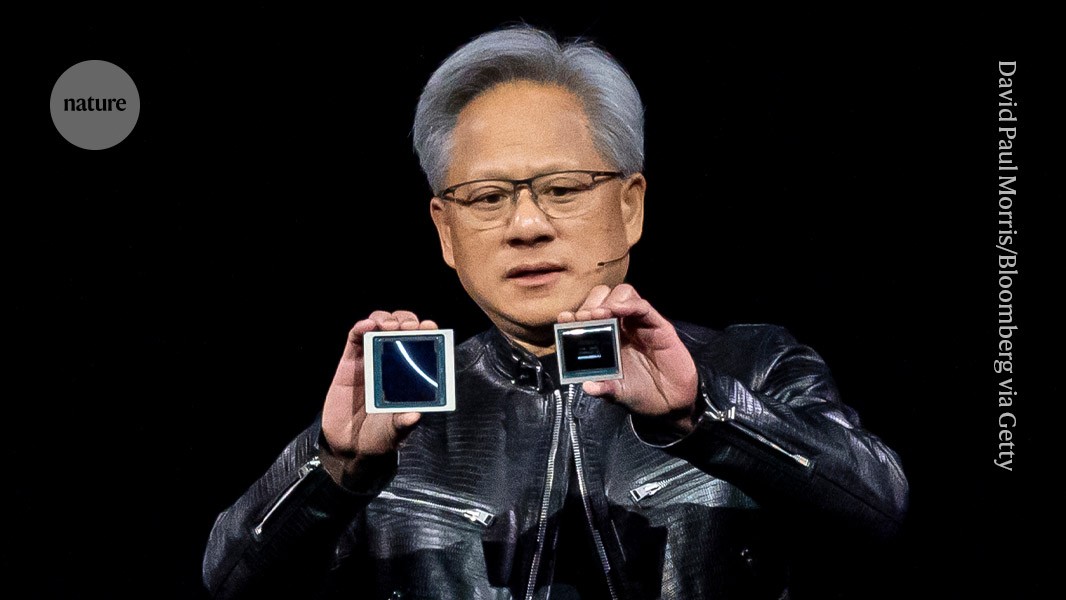Who’s making chips for AI? Chinese manufacturers lag behind US tech giants

🌈 Abstract
The article discusses the global race to develop advanced computer chips that power the latest generative AI models, and how a US ban on selling high-quality chips to China is impacting the country's progress in this critical technology.
🙋 Q&A
[01] The Rapid Advance of Generative AI
1. What is the impact of the US ban on selling high-quality computer chips to China?
- The US ban is stifling China's progress in key technologies, according to researchers both inside and outside the country.
- The ban has "dramatically limited" China's progress with training AI models.
- China can only use lower-end chips below the 300-teraflop limit set by the US, hindering their ability to develop advanced AI capabilities.
2. How is the global race to produce powerful computer chips for generative AI unfolding?
- The AI boom has sparked a global race to produce increasingly powerful computer chips that can handle the large data sets needed to train and execute AI models.
- Companies like Nvidia and AMD in the US are leading the development of these advanced chips.
- China is struggling to catch up, as it is unable to access the most advanced chip manufacturing equipment due to the US export controls.
3. What are the key challenges China faces in developing its own high-performance AI chips?
- China's leading competitor to Nvidia, Huawei, has sought to develop its own AI chips, but China is still "at least five to ten years" behind the US.
- China's best efforts are still at around 7 nm technology, while the US and other countries are transitioning to 3 nm and even 2 nm chips, which can provide more computing power.
- China is limited in its ability to fabricate high-end chips due to the US export controls on advanced manufacturing equipment.
[02] Efforts to Overcome the Chip Shortage
1. What alternative approaches are Chinese companies exploring to access high-end chips?
- A "black market" for high-end chips has developed in China, where smaller startups can still obtain the necessary chips.
- Chinese researchers are exploring using AI to design computer chips, which could potentially reduce the time and resources required compared to traditional chip design.
2. How might the chip shortage impact China's broader economic and talent landscape?
- The lack of competitiveness in AI chip development could exacerbate a "brain drain" in China, as ambitious Chinese students are more inclined to go abroad and stay there rather than pursue opportunities in China.
- The broader economic impact is a concern, as the inability to access advanced chips may hinder China's overall technological progress and competitiveness.
Shared by Daniel Chen ·
© 2024 NewMotor Inc.